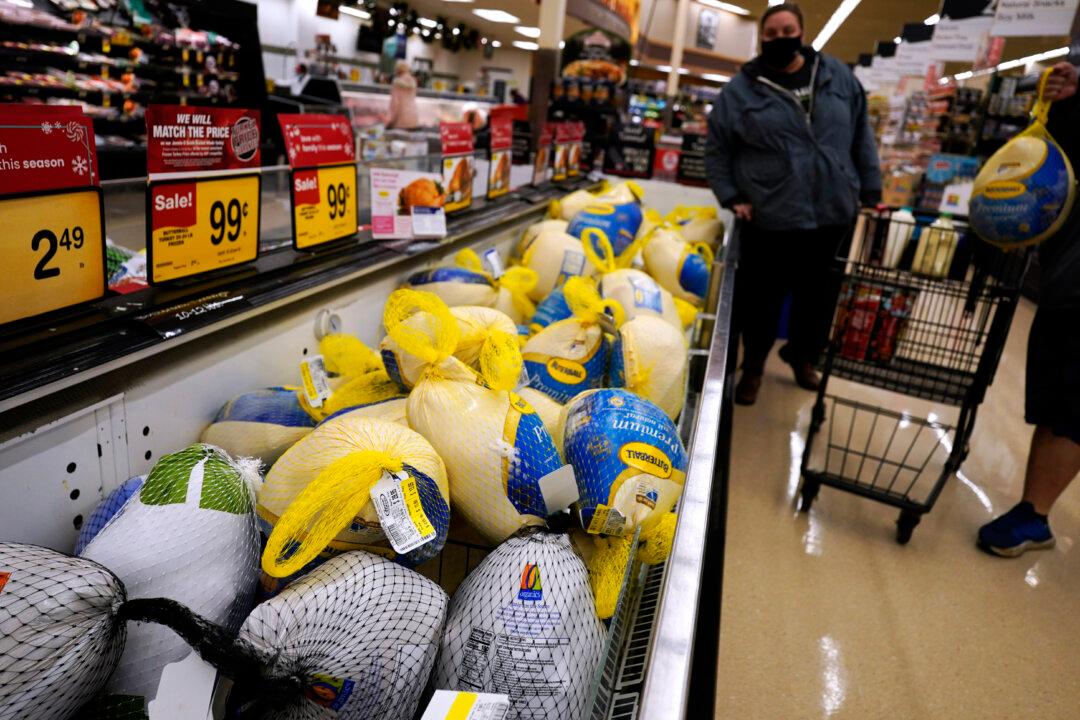It’s not only unnecessary but it can be very unhealthy to “wash” a turkey during Thanksgiving, the U.S. Centers for Disease Control and Prevention (CDC) and other health officials have advised—again.
“Washing raw turkey can spread germs to other food,” the agency said in a notice issued several weeks ago.





